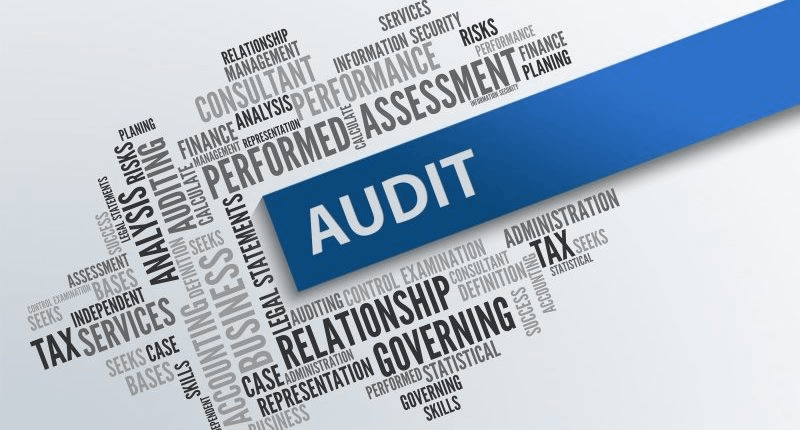Accounting Explained
- karlastevens4
- Jul 22, 2022
- 2 min read
For individuals and small business owners who want to understand accounting, a good general knowledge of key terms is helpful. While formal training in accounting is not necessary, some knowledge is still valuable, particularly around tax season. The book provides an alphabetized glossary of accounting terms and is designed to help students and entrepreneurs build a working knowledge of the terminology. Despite its importance, many small business owners are not able to attend accounting school or pursue formal financial training.
Accounting explained: The basic rules of accounting include the importance of recording all business transactions and their results. These accounts reflect the overall financial condition of a business, including its assets and liabilities. This information provides a valuable feedback loop for management and is used to create financial statements. The terms "asset" and "liability" refer to the items and activities that a business owns but are not immediately consumed. A business's assets and liabilities are recorded in separate accounts.
Accounts payable refer to money due to other people. These people include suppliers, customers, and bondholders. Accounts receivable relates to money owed to a company. Equity accounts, on the other hand, reflect non-related income. Some assets are tangible, while others are intangible. The assets of a business include both tangible and intangible assets. Fixed and accrued expenses are the expenses that a business incurs.
In addition to the various types of accounts, accounting includes some universal terms. These terms are used anywhere you go, and can be encountered in the context of any industry. Generally accepted accounting principles are a set of guidelines that are used to ensure the reliability of financial statements. An example of this is the fiscal year, which may differ for every company. This term is used to describe the period in which a company operates. The purpose of financial statements is to help management make sound decisions and to provide accurate and transparent financial information.
A good online resource for learning the basics of accounting is the internet. There are several courses on the internet that teach the basics of accounting. These courses last only a few minutes and are ideal for self-paced study. Many people are finding them to be very helpful. A book by a professional accountant can also help you better understand financial statements and the business. You can even get started learning how to use accounting software today. And with the right tools, you can master accounting and stay ahead of the curve.
Accrual accounting records accruals on the balance sheet, acting as placeholders for cash events. Accounts payable and accounts receivable are two examples of accrual accounting. The accrual accounts represent revenue and amounts owed. In accrual accounting, the sale of a product or service generates revenue before the goods change hands. In this way, the revenue is generated before the money actually changes hands. However, this is the only type of accounting that is commonly used for services, such as credit card processing and bank deposits.


Comments